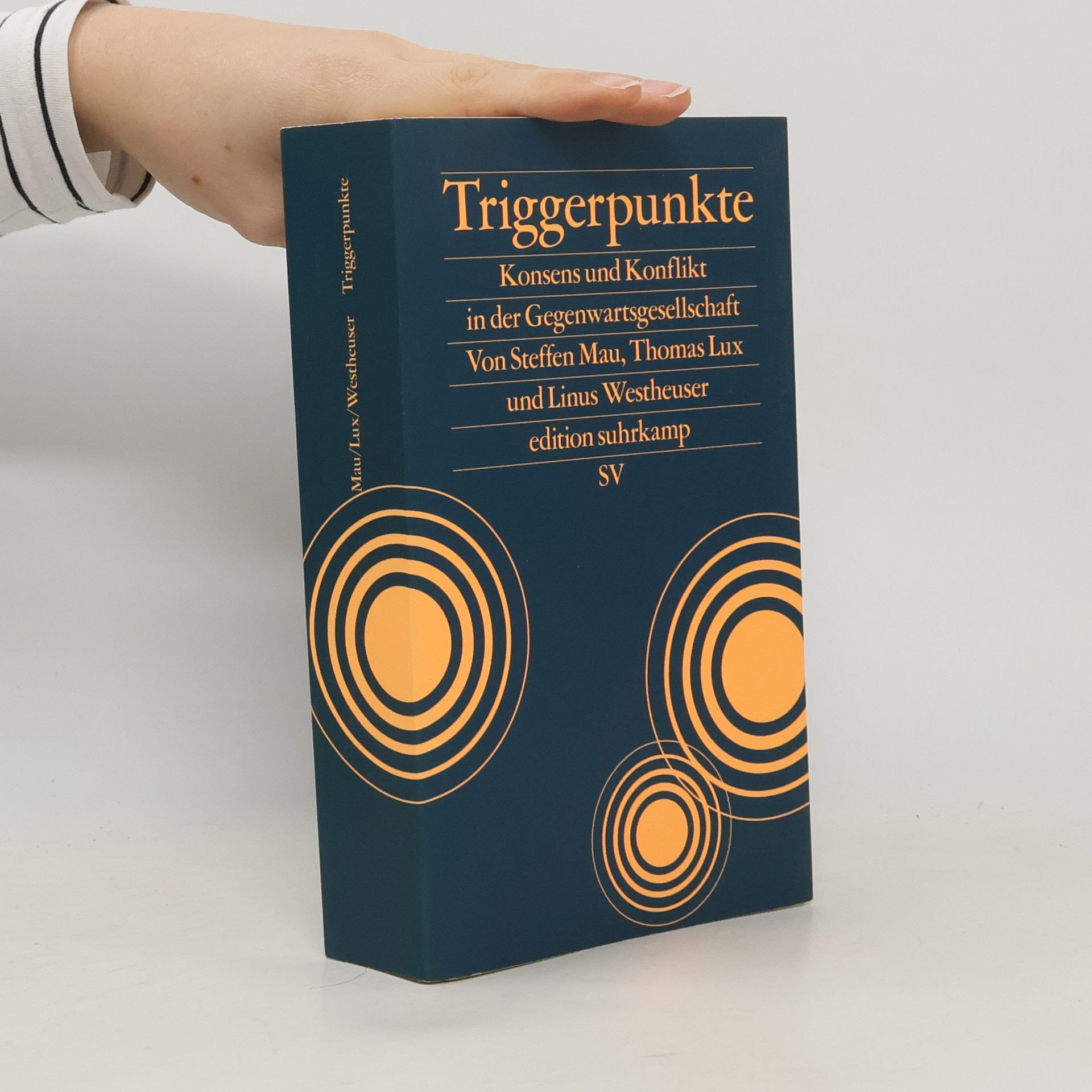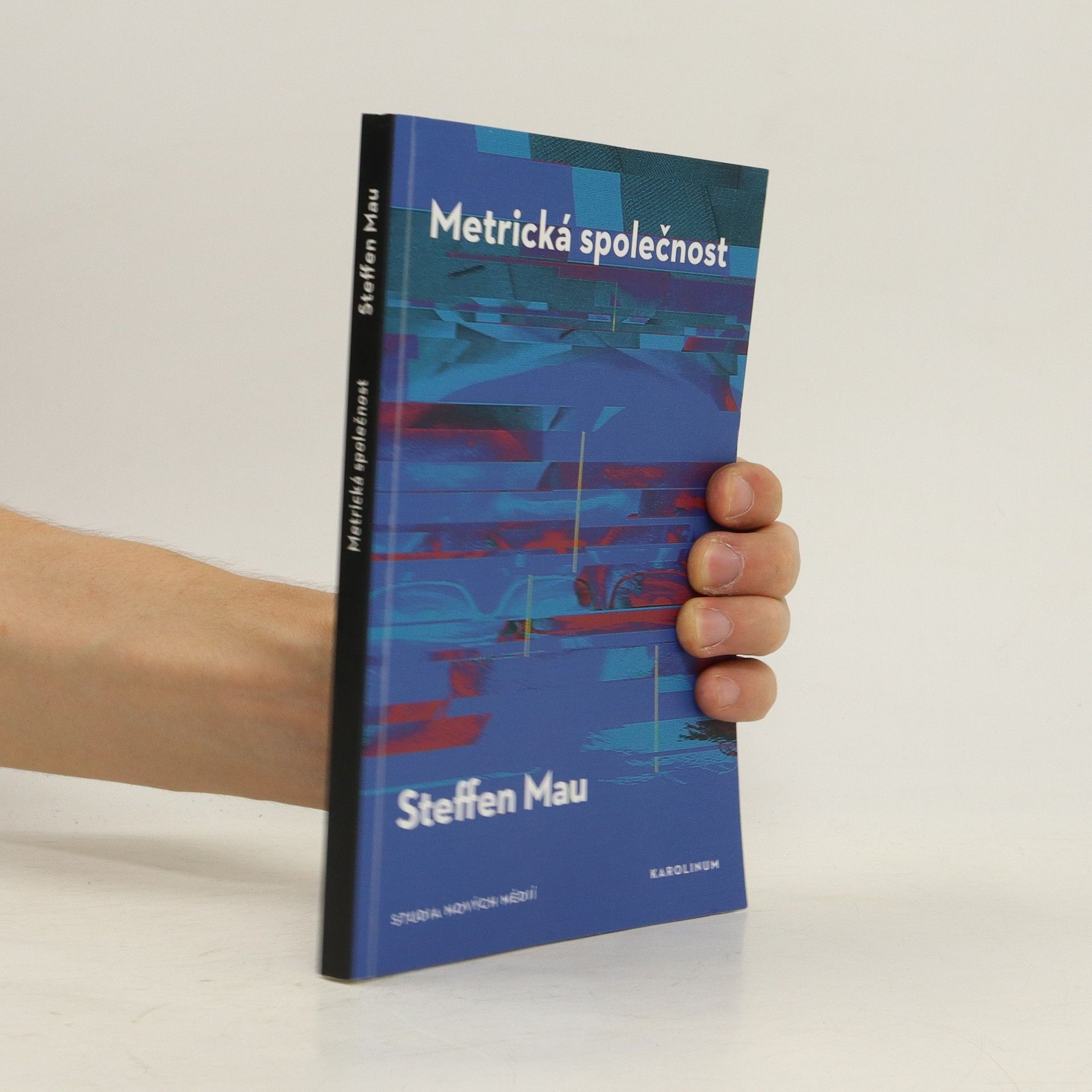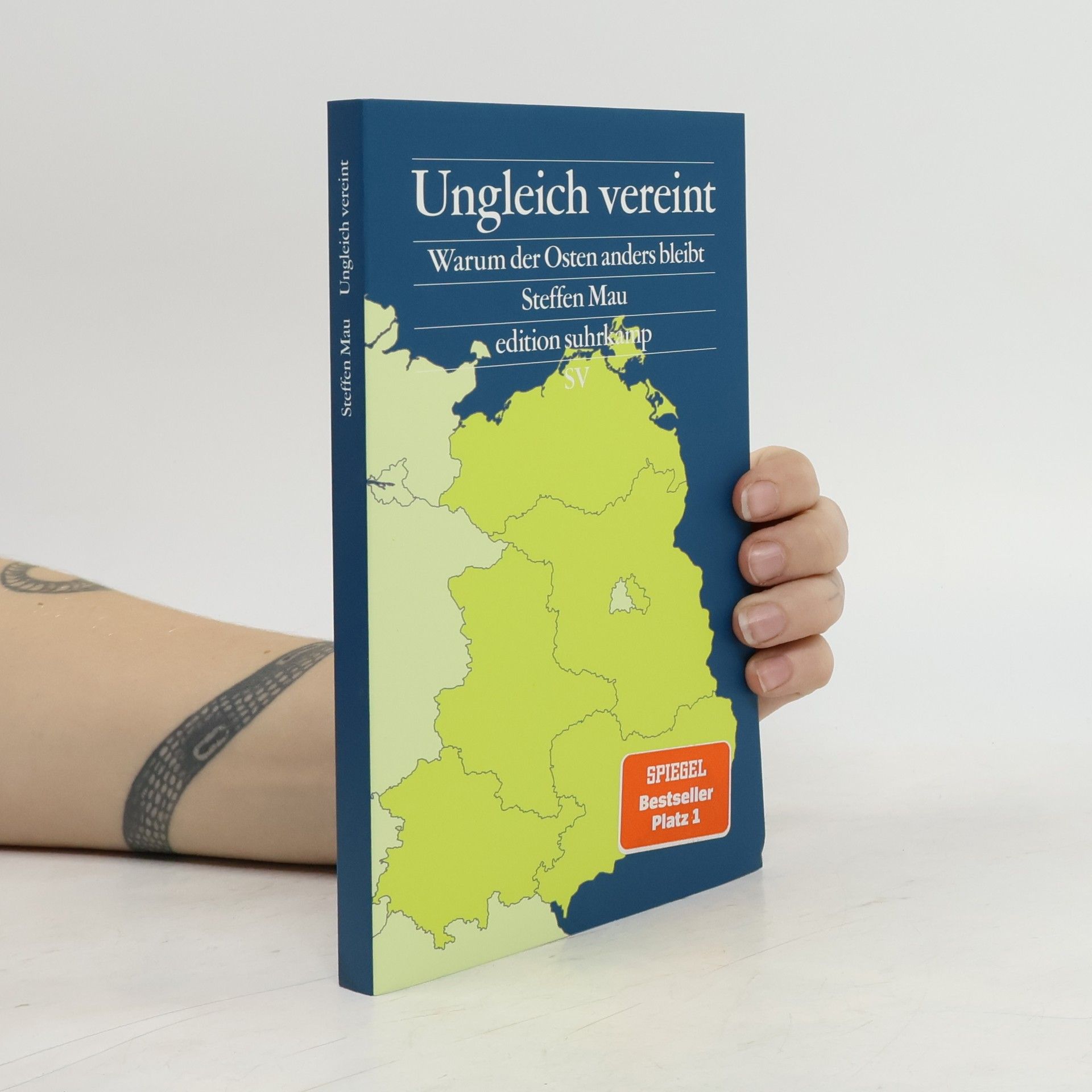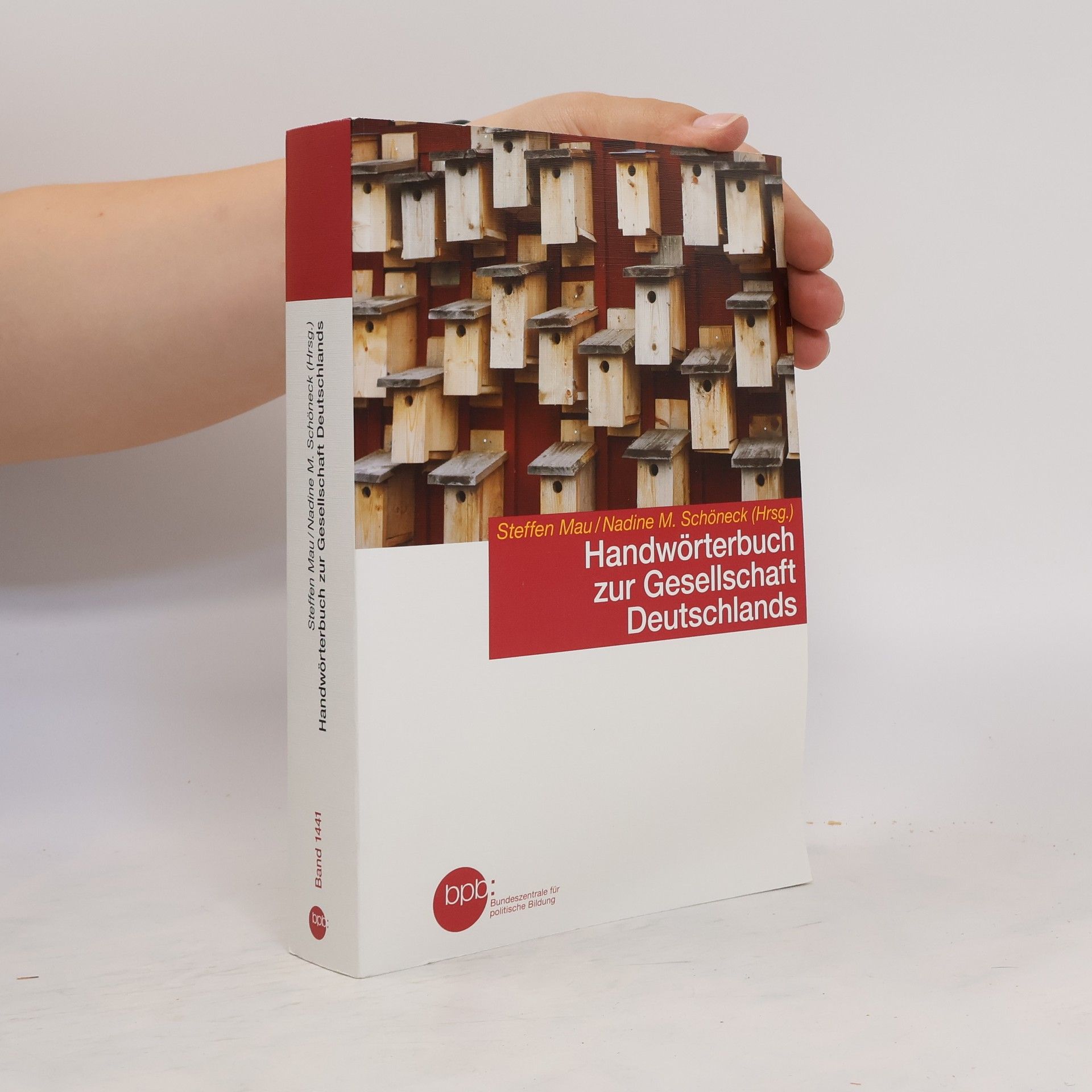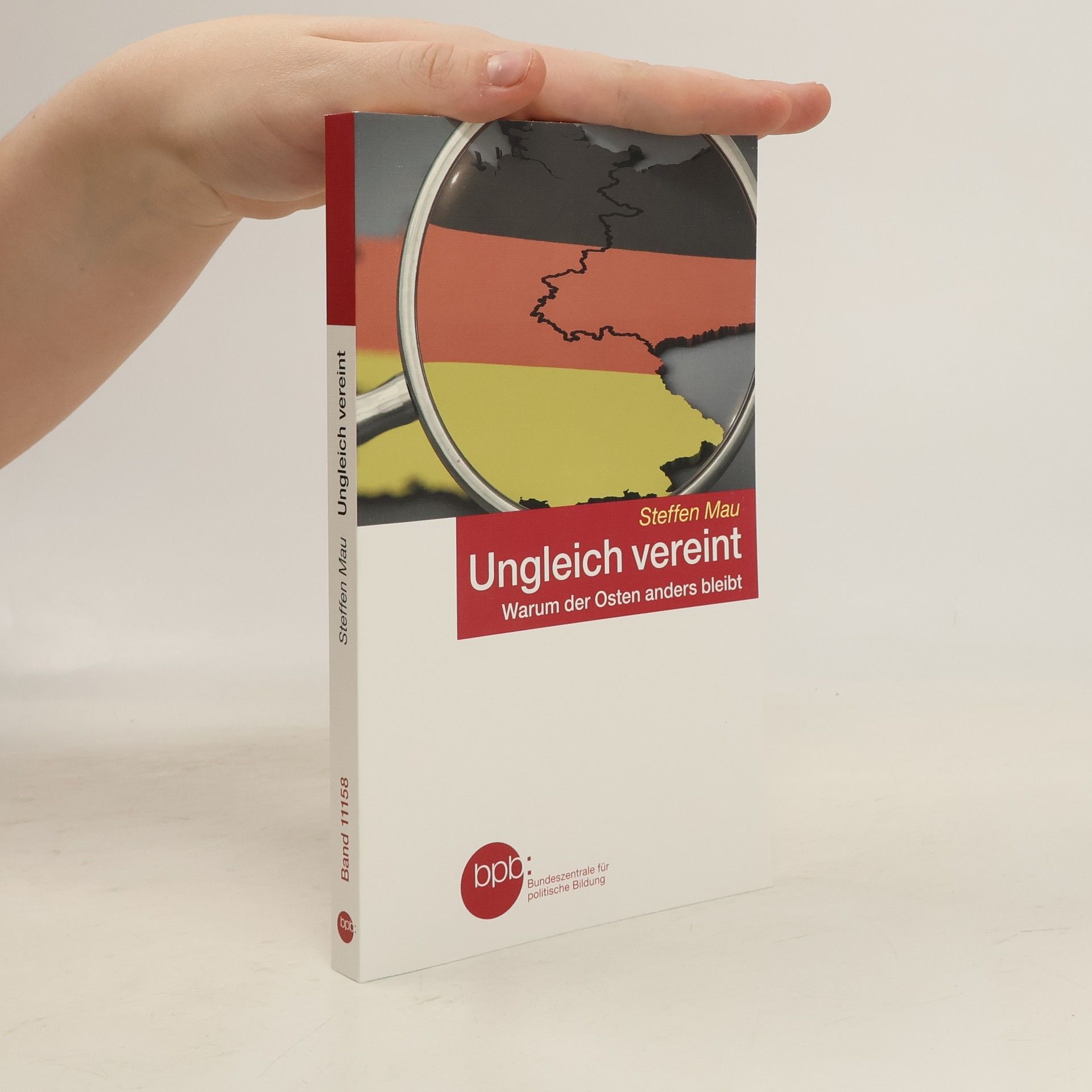Sorting Machines - The Reinvention of the Border in the 21st Century
- 174bladzijden
- 7 uur lezen
It is commonly thought that, thanks to globalization, nation-state borders are becoming increasingly porous. Steffen Mau shows that this view is misleading: borders are not getting more permeable in the era of globalization, but rather are being turned into powerful sorting machines. Today they fulfil their separation function better and more effectively than ever. While the cross-border movement of people has steadily increased in recent decades, a counter-development has taken place at the same time: in many places, new deterrent walls and militarized border crossings are being created. Borders have also become increasingly selective. Supported by digitalization, they have been upgraded to smart borders, and border control has expanded spatially on a massive scale, even becoming a global enterprise that is detached from territory. Steffen Mau shows how the new sorting machines create mobility and immobility at the same time: for some travellers, borders open like department-store doors, but for others they remain closed more firmly than ever. While a small circle of privileged people are allowed to travel almost everywhere today, the vast majority of the world’s population continues to be systematically excluded. Nowhere is the Janus face of globalization more evident than at the borders of the 21st century.
